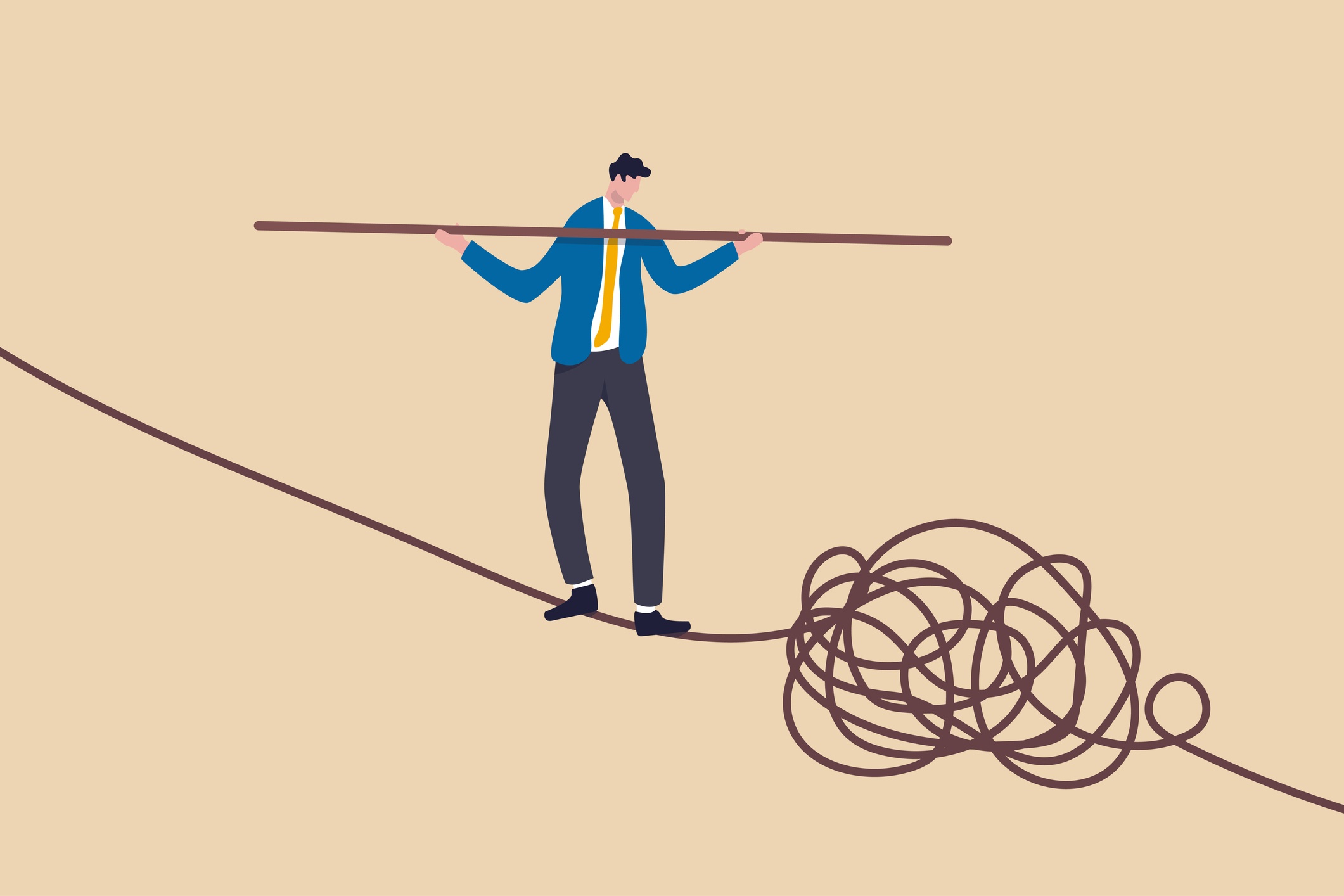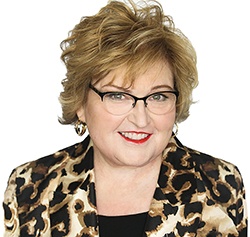
 Last week during a call with member leaders, I heard frustration in their voices. As school started across the country, it appears we’ve come into a season of difficult people. Instead of fresh notebooks, sharpened pencils, fall colors, pumpkin spice, and homecoming games taking our attention, dealing with upset people has become a part of our normal day activities.
Last week during a call with member leaders, I heard frustration in their voices. As school started across the country, it appears we’ve come into a season of difficult people. Instead of fresh notebooks, sharpened pencils, fall colors, pumpkin spice, and homecoming games taking our attention, dealing with upset people has become a part of our normal day activities.
Trust me, I get it. Prior to the pandemic, I noticed a general change in our society. While there have always been difficult people, naysayers, and troublemakers, it appeared to me that their numbers were growing. Perhaps the pandemic gave us a reprieve from everyday frustrations as people had no other choice but return to simpler times by staying home but now, the complaint and frustration factors are growing, rapidly!
What happened to the concept of being kind? Did grace disappear? Do we no longer assume that people are trying their best? Has complaining become a new Olympic sport? We have always faced challenges – they are part of life – but how we address them is what sets us apart as leaders. Do we join the chorus of complainers? Or do we endeavor to become a light in the darkness?
In my role with NAPT, I have the honor of representing our industry to a vast number of organizations, including the national news media. Our news coverage the last two months has been very high. Problems with new routing systems, the driver shortage, and a tragic accident have made national news. If you read or heard the interviews, you might have noticed that the general theme from reporters: Whose fault is this? How did this happen?
My goal for each interview was not to place blame or cast aspersions on any one district. My goal is to share our collective message and our priorities. I do it with pride and sincerity. I know the character of our members and that what you do everyday matters. Unfortunately, at this time, segments of our society have decided that projecting their frustration onto others. While they may have justification for their feelings, it shouldn’t empower them to place blame and assume the worst of a fellow human being.
So, what’s my best advice for dealing with difficult people? You may laugh or cry at this, or you may disagree, but for me, it works. When dealing with difficult people, I first make sure that I am not being difficult. I allow it to start with me – you should allow it to start with you. Together, we should make sure that we are behaving in a professional and positive manner, that we are repaying negativity with kindness. The more unhappy a person is, the nicer I become and the more I turn my focus to the real issue that is before us – in hopes that the other can see the collective us to move things forward.
If this doesn’t work, I walk away with grace and dignity. Knowing that I will never be able to make everyone happy, but I will try my best to bring happiness to the world.
How we do business can be as important as the business we do. Striving for professionalism, compassion, and care should be our guiding principles. It’s easy to get angry, to feel hurt, those are natural feelings when confronted with difficult people. Our feelings should not be the reason for our actions! Our actions should be based upon our values and our character. These are the things that are under our control.
If you are struggling a bit lately with the difficult folks in our world, take heart. You are part of an amazing profession that is making a difference in the lives of children – you are the light in your district. Never give up, the light suits you well!


